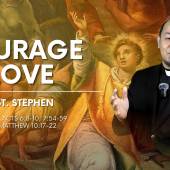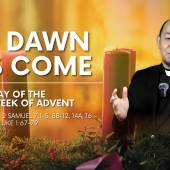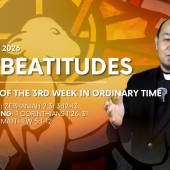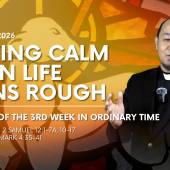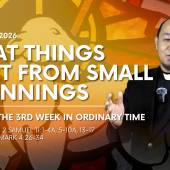God of mercy and compassion
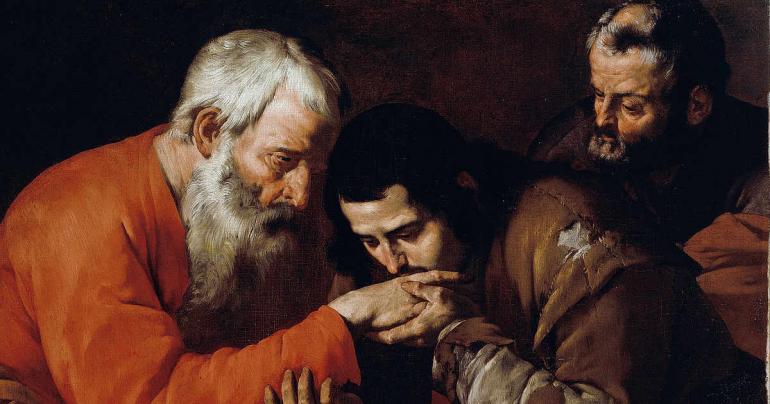
March 27, Fourth Sunday of Lent
Readings: Joshua 5: 9a, 10-12; 2 Corinthians 5:17-21 Gospel: Luke 15:1-3,11-32
The crossing over from a land of slavery and oppression to a land of promise and freedom is a sign. It foretells the true liberty and homecoming that the Lord Jesus has won for us in his kingdom. Through his victory on the cross, the Lord Jesus has freed us from the dominion of sin and darkness and transferred us to his kingdom of light, truth, and forgiveness (Colossians 1:13–14). God gives this freedom to all who believe in his Son, the Lord Jesus Christ. God does not want the death of anyone (Ezekiel 18:23). For this reason, he sent us his only begotten Son to liberate us from slavery to sin, Satan, and death and to restore us to everlasting peace, joy, and abundant life with our heavenly Father.
With the most extended story narrated in the Gospels (Luke 15:11–312), Jesus demonstrates this Passover from slavery to sin and condemnation to freedom and new life in Christ. What is the point of Jesus' parable about two ungrateful sons and their extravagantly loving father? Is there a distinction between a reluctant, obedient son and a prodigal son who desired his father's death?
Jesus does compare the elder son's cold and aloof reception of his sinful brother with the father's warm embrace and lavish homecoming party for his repentant son. While the wicked son had wasted his father's money, the father nevertheless maintained an unbroken love for his son. While he was away, the son learned a lot about himself. And he realized that his father had given him love, which he had not returned. He had yet to understand the depth of his father's love for him.
His profound humiliation at realizing he was obliged to feed on the husks of pigs and his reflection on all he had lost led to his repentance. He decided to declare himself sinful before his father. While he hoped for reconciliation with his father, a complete restoration of their relationship was beyond his imagination. The father did not need to apologize to his son; his actions spoke loudly and clearly! The beautiful robe, the ring, and the festive banquet indicate the new life—pure, worthy, and joyful—of every person who returns to God.
The prodigal son could not return to the garden of innocence, but he was warmly welcomed and reinstated as a son who had been missed and greatly loved by his father. The sinful son's dramatic conversion from grief and guilt to forgiveness and restoration expresses in picture language the resurrection from the dead, which Jesus makes possible to everyone who believes in him, a rebirth to new life from death.
The event also compares mercy with its opposite, unforgiveness. The eldest son, who had not been wronged, was unforgiving. His unforgiveness turns into spiteful pride and contempt for his brother. His resentment leads to him being isolated and not part of the community of people who have been forgiven of their sins.
In this story, Jesus gives a vivid picture of God and what God is like. God is genuinely kinder than any of us. He does not lose hope or give up when we stray from him. He is always on the lookout for those who have had a change of heart and want to return. He was delightful in finding the lost children and in welcoming them home. It was the joy of repentance and the restoration of a relationship as a son or daughter of the heavenly Father.
Are you a sinful person? Come back to God. He is the merciful and compassionate God to sinners who repent of their wrongdoing. He is always waiting for you and is ready to forgive your sins.
How can I come back to God and follow HIS ways?
Radio Veritas Asia (RVA), a media platform of the Catholic Church, aims to share Christ. RVA started in 1969 as a continental Catholic radio station to serve Asian countries in their respective local language, thus earning the tag “the Voice of Asian Christianity.” Responding to the emerging context, RVA embraced media platforms to connect with the global Asian audience via its 21 language websites and various social media platforms.










